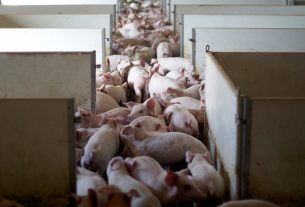The government has made a deal with the British Medical Association (BMA) for an enhanced pay agreement for junior doctors in England, averaging a 22% increase over two years. The BMA’s junior doctors committee has decided to present this offer to its members for approval.
Since March 2023, junior doctors in England have engaged in industrial action 11 times, driven by a contentious pay dispute. If the new deal is accepted, it could bring an end to the prolonged strike actions that have resulted in the cancellation of hundreds of thousands of appointments.
The most recent five-day strike, occurring shortly before the general election, led to the postponement of 61,989 appointments, procedures, and operations, according to NHS England. Ahead of a speech by Chancellor Rachel Reeves in parliament, Downing Street has neither confirmed nor denied the reports.
Health Secretary Wes Streeting has expressed a desire to “reset” the relationship between the government and junior doctors in England following the general election. Chancellor Rachel Reeves is expected to detail the terms of the agreement in the Commons soon.
The proposed government offer includes a 4% backdated pay rise for 2023-24, supplementing an existing average increase of 9% for the previous financial year. An additional 6% rise is proposed for 2024-25, along with a £1,000 consolidated payment, making the total increase approximately 22% over two years for each junior doctor.
The BMA’s junior doctors’ committee plans to recommend this offer to its members, who will then vote on the proposal. Junior doctors have been advocating for a 35% pay increase to counteract years of pay rises that have not kept pace with inflation.
In Wales, junior doctors recently approved an improved pay deal, while in Northern Ireland, discussions are ongoing with no current plans for strike action. In Scotland, junior doctors have not taken industrial action, having accepted a pay offer from the devolved government last year.




